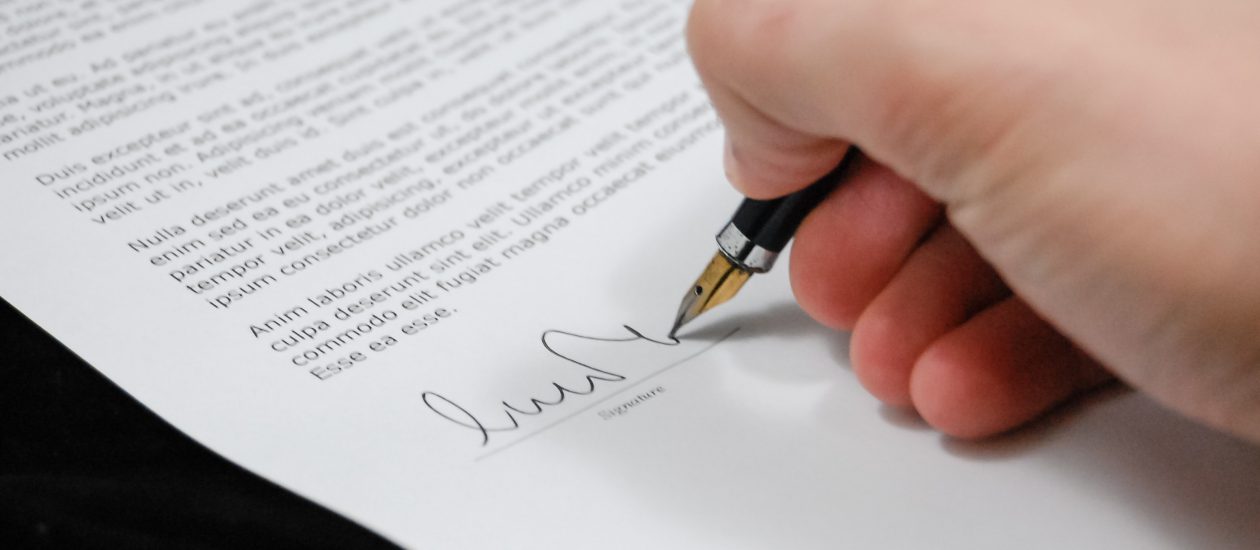
When the Cambridge Analytica scandal broke it became Data Science’s first troublesome watershed moment. Allegations of data misuse, nonchalant disregard for privacy, and dirty tactics in politics forced the industry to seriously defend itself for the first time.
The response was largely confined to the consensus that data science needed a Hippocratic oath, not legislation. Companies that worked in any form of collaboration with CA sought to distance themselves from the fallout, and with its liquidation, it left Facebook as the only associate held to account. With the lack of protocol in place, it left Facebook in control of its destiny, allowed to reconstruct the narrative that they were naïve entrepreneurs swept into the eye of an unprecedented storm as a consequence of unintentional arrogance and ambition.
Once the poorly prepared questions in US Congress were answered, subsequent ad campaigns that tapped into the nostalgic foundations of the social network and promised to return them en masse have gone some way to repair that damage. Conveniently, Facebook’s primary product is not data science, Cambridge Analytica’s was. Having the ignominy of being the vehicle the inaugural Data Science Bond villain, Alexander Nix, utilised, and saddled with footage that alleged stark disregard for ethical practices, the company had no choice and no credibility, forcing its closure.
Nix’s career in tatters, Facebook’s algorithm changed, a toast to the Hippocratic oath? Problem solved? No.
Without regulation, data science leaves itself vulnerable to severe exploitation. Whilst the solitary stain on it seems to be coming out in a comprehensive wash, it has taken no real credible steps to safeguard itself from further scandals.
Does data science believe it’s seen the last of Alexander Nix? Well, it shouldn’t. At the time of writing, Nix is a director at a company with the same financial backers as Cambridge Analytica, and several of its associates. Clearly, Nix and Co. have not felt the bite of an oath and have escaped its jaw with a mere deed poll.
The industry only needs to look at others which believed, erroneously, that unstructured colloquial forms of ethical boundaries would suffice. Journalism suffered because of its lackadaisical attitude towards cementing hard lines in terms of behaviour in practice.
Phone hacking was a ubiquitous and tolerated malpractice and whilst it was confined to the mailboxes of celebrities and monarchs (those whom the public decided had implicitly sacrificed their right to privacy), it was sustainable. However, the line was irrevocably crossed when it was unearthed that the ‘News of the World’ had hacked the voicemail of a missing young girl whose status and welfare were unknown. This eluded to her parents and the police that this activity meant it was likely she was still alive.
Tragically, the girl in question was not, and to further damn this behaviour was that this had occurred seven years prior to its discovery, highlighting that journalism had continued to indulge itself in shady techniques to remain competitive. It had not chosen this as the moment to review its practices when the opportunity arose. I’ve deliberately attributed the actions to the industry rather than a single publication or individual because that was the perception it birthed and the consensus which the public corroborated.
Two years later and the outcome of an unprecedented legal inquiry into the practices of the press recommended one thing, clear legislation that outlined acceptable behaviour and set deterrents for nonadherence.
Data science does not need to suffer the pitfalls of good-intentioned naivety. It can be proactive in learning from the mistakes of those around it and act accordingly rather than dwelling in a hopeful dangerous limbo, staking everything on the expectation that it will all just be alright.
The industry often deals with a very sensitive commodity; personal data. To the individual, the visibility and handling of this information is paramount, and if it is abused and exploited, the industry faces the prospect of demonization and the long road to rebuild trust, on the basis such a thing is not rendered irrevocable.
Data science’s reputation is being shaped by its infant steps. Its sustained success will be somewhat dependant on its public perspective. When you think of lawyers and estate agents, it is difficult to avert the negative stereotypes that have been constructed and perpetuated throughout pop culture. In 2011 I was booted from a taxi after the driver asked me what I did for work and responded, “I study journalism.” Data scientists do not want to become the greatest apologetics of their trade.
It’s paramount that we consider that those who commit the transgressions that have these grave consequences for data science are probably not going to be data scientists. Do we imagine that every employee at Cambridge Analytica was complicit in every action? No, but the reality of trying to square your own maxim against the business needs and ideology that the decision makers demand can be an impossible task. Do you throw away a very well-paid job at the expense of your mortgage, your career, your dependents? Irrespective, it should not be a dilemma an employee ever has to grapple with, and it is unfair to expect ambiguous methods with no legal standing to be the basis an employee founds a moral rebellion on.
Alarmingly, despite calls for a Hippocratic oath to govern our actions, no such oath has materialised with any real mainstream support or publicity to be considered and adopted. In fact, this is an industry, which a decade on from its apocryphal inception, has yet to have an undisputed definition for its job role. If we cannot agree on that, how can we begin to commit to ungoverned rules concerning it?
By Tom O’Connell
(Views and opinions are my own and do not reflect the opinions or views of Pivigo)
